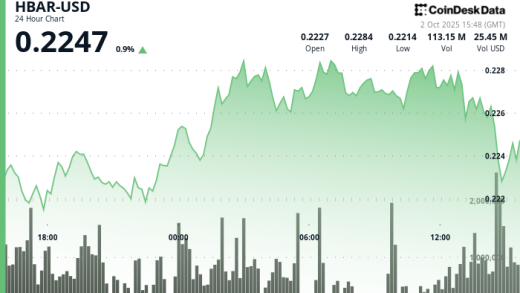A person in Alberta has died from the measles as cases creep close to 2,000 throughout the province, according to the government’s dashboard.
No details on their age, gender, when they died or where they were from have been released. Global News has reached out to the Alberta government for more information.
Since March, 1,914 cases of measles has been reported in Alberta, with the majority of the cases occurring in the southern (998) and northern (704) Alberta Health Services zones.
Cases have slowed in recent months from the peak in July, when 147 were reported in a single week. Last week, eight were recorded in the province.
Of the nearly 2,000 in Alberta, just over 150 people were hospitalized and of those, 15 required ICU care, according to the latest data as of 2 p.m. Wednesday.
Once declared eradicated in Canada in 1998, measles has made a comeback, spreading rapidly in recent months due to declining vaccination rates.
The data shows 89 per cent of Albertans with lab-confirmed measles were not immunized — that’s 1,706 people. A further 55 people had one dose on record, and 79 people had two doses or more.
A further 70 people had unknown vaccination status.

The majority of those who have fallen ill are children and teenagers — Albertans under the age of 18 make up 1,390 of the cases.

Get weekly health news
Receive the latest medical news and health information delivered to you every Sunday.
It’s been so bad in the south and north, AHS has had a standing exposure advisory issued for those zones — the idea being people in certain communities should assume they are at risk of catching the most contagious disease in the world at any time.
Alberta Health Services still shares known public exposure locations for the Edmonton, Calgary, Central and parts of the North Zone.
Measles, known for its characteristic red rash, is one of the most contagious viruses on the planet, with an R number of 12 to 18 — meaning one infected person can spread it to up to 18 others in an unvaccinated population.
To put that in perspective, COVID-19’s original strain had an R number of about two to three, and even highly-transmissible variants like Omicron rarely exceeded 10.
Measles can ‘erase’ your immune system’s memory
Measles is an extremely contagious disease and is spread easily through the air.
Symptoms include:
- Fever of 38.3° C or higher
- Cough, runny nose and/or red eyes
- A rash that appears three to seven days after fever starts, usually beginning behind the ears and on the face and spreading down to the body and then to the arms and legs. The rash appears red and blotchy on lighter skin colours. On darker skin colours, it can appear purple or darker than the skin around it, or it might be hard to see.
Complications of measles can include ear infections, pneumonia, inflammation of the brain, premature delivery, and rarely, death.
The highly contagious virus doesn’t just cause a rash and fever — it can also wipe out the immune system’s memory, leaving survivors vulnerable to infections they’ve fought off before, like the flu, a cold, or even diseases they’ve been vaccinated against.
Health Canada warns that measles can lead to serious immune suppression, known as immune amnesia. This can increase the risk of other illnesses and even raise the chances of death for months or even years after the infection, the health agency states on its website.
People who are pregnant or have weakened immune systems and babies under the age of one are at greatest risk.
If symptoms of measles do develop, individuals are advised to stay home and call Health Link at 811 before visiting any health care facility or provider, including a family doctor’s office or pharmacy.
The measles vaccine is highly effective at preventing infection and complications, and is free to get in Alberta.
© 2025 Global News, a division of Corus Entertainment Inc.





